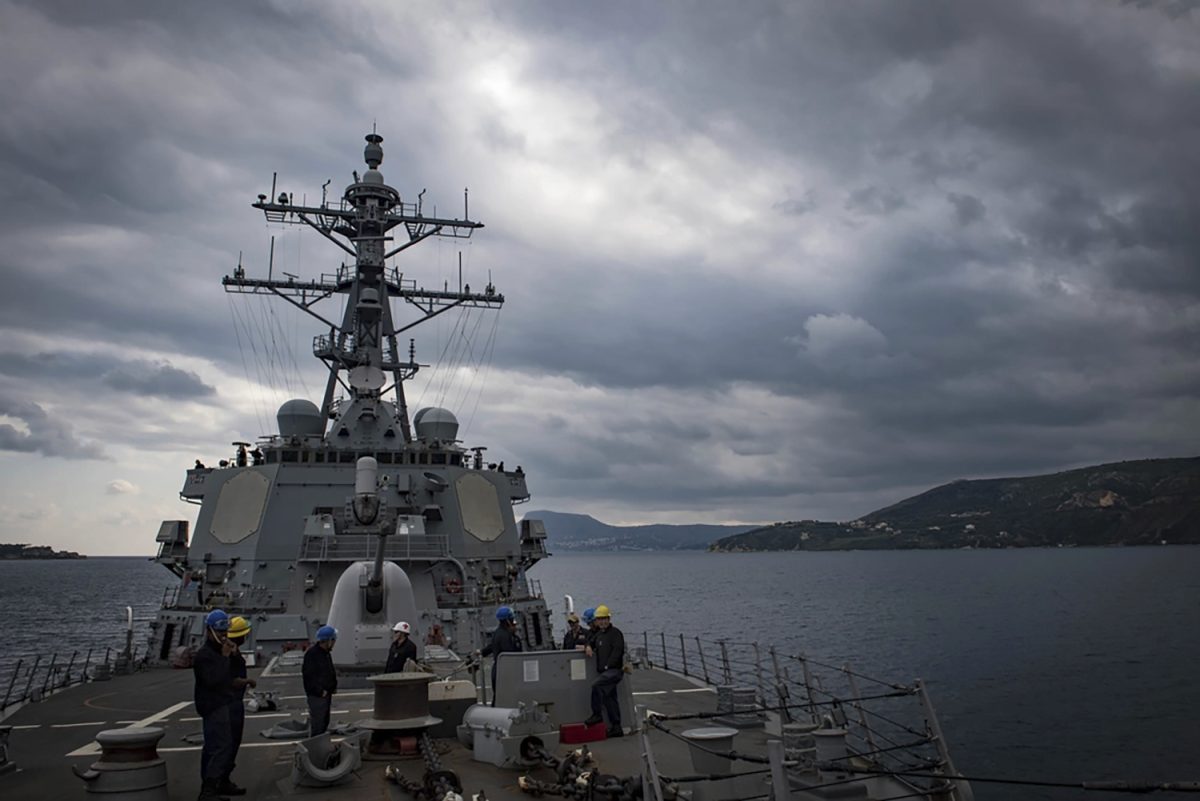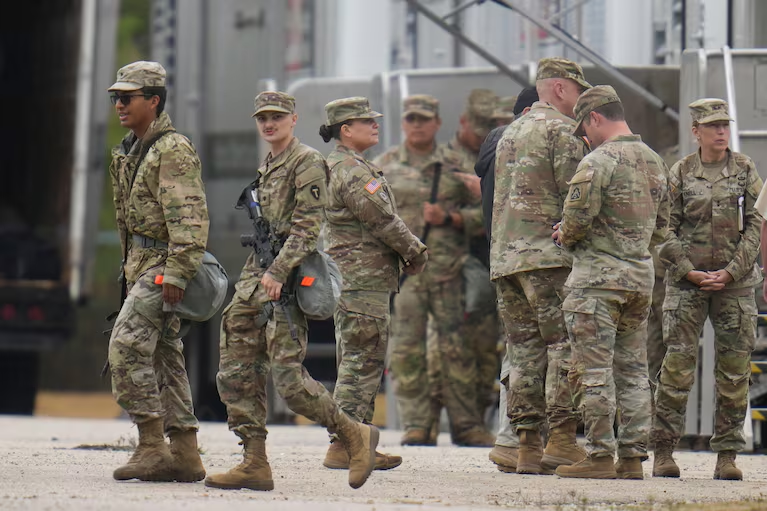Significant events have been occurring in the Red Sea in the past few weeks. The Houthis have been actively threatening and inflicting violence to disrupt global shipping in the region.
The Houthi armed rebel group formed in 1990 in the northwestern Saada province of Yemen, which borders Saudi Arabia. The group became prominent in 2014 due to their rebellion against the Yemeni government. This caused the government to lose control of the capital and led to a long civil war in Yemen, with the Houthis controlling most of the western side of Yemen.
The Houthis are a Shia religious group with political and religious alignment with Iran. This has put the group in conflict with Saudi Arabia because Iran and Saudi Arabia are opposed for geopolitical and religious reasons. Since taking the capital in Yemen, the Houthis have been in a war against the Yemeni government.
The Yemeni government is recognized by Saudi Arabia and the United States. Conversely, the Houthis are supported by Iran.
The Houthis have been attacking ships going through the Suez Canal and the Red Sea since Nov. 19, which has significantly affected global trade. The rebel group has been able to do this because the area the Houthis control is at the narrowest part of the Red Sea. The geography of the region makes it easier to raid and attack ships attempting to cross through.
Disruption of global trade through the Suez Canal is impactful because a significant amount of trade between Europe and Asia goes through this region. Trade through the Red Sea makes up 15% of global shipping traffic and the attacks on shipping vessels have dropped freight container volume through the Red Sea by 65% from expected values according to Reuters.
This has caused shipping to move through the much longer route from Europe and past South Africa and into Asia which adds 10-14 days to the voyage. The rerouting may cause noticeable delays in the arrival of products and materials, which would, in turn, affect the availability and price of products.
The Houthi attacks have not happened in a vacuum. The attacks began in response to the invasion of Gaza by Israel, which the Houthi rebels opposed. The Houthi rebels claim that they are targeting ships with potential ties to Israel to pressure Israel to end the invasion, according to Al Jazeera.
While the attacks have affected Israel’s trade, especially in the port city of Eilat, there is no information on how the Houthis determine whether the ships they attack have ties to Israel. Regardless of what ships are being attacked, it is clear that the Houthi rebels at least want to appear that their fight is in solidarity with Gaza.
There is also speculation by some experts that the Houthi attacks are an attempt to gain political power.
The U.S. has responded to these attacks with multiple strikes on Houthi missile positions. The U.S. has promised to continue the attacks until the rebels cease their attacks on global trade. It appears that the strikes have not dissuaded the Houthis from further attacks.
“Well, when you say working are they stopping the Houthis? No, are they gonna continue? Yes.” President Joe Biden said.
To the Houthis and their supporters, the attacks on global shipping are a necessary step to stopping the invasion of Gaza. To others, the attacks appear unjustified and unrelated to the invasion of Gaza.









